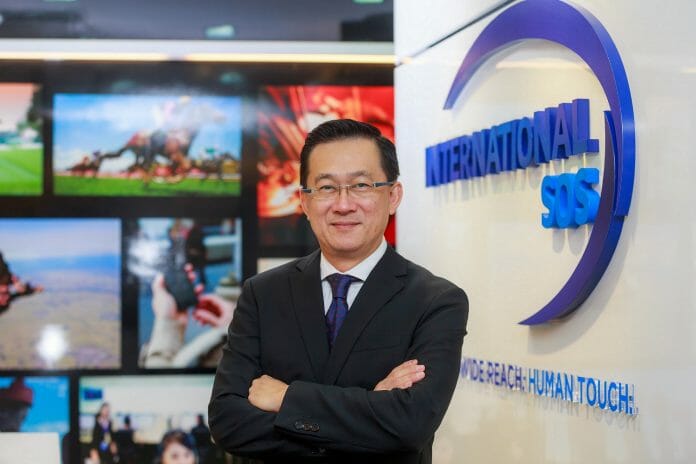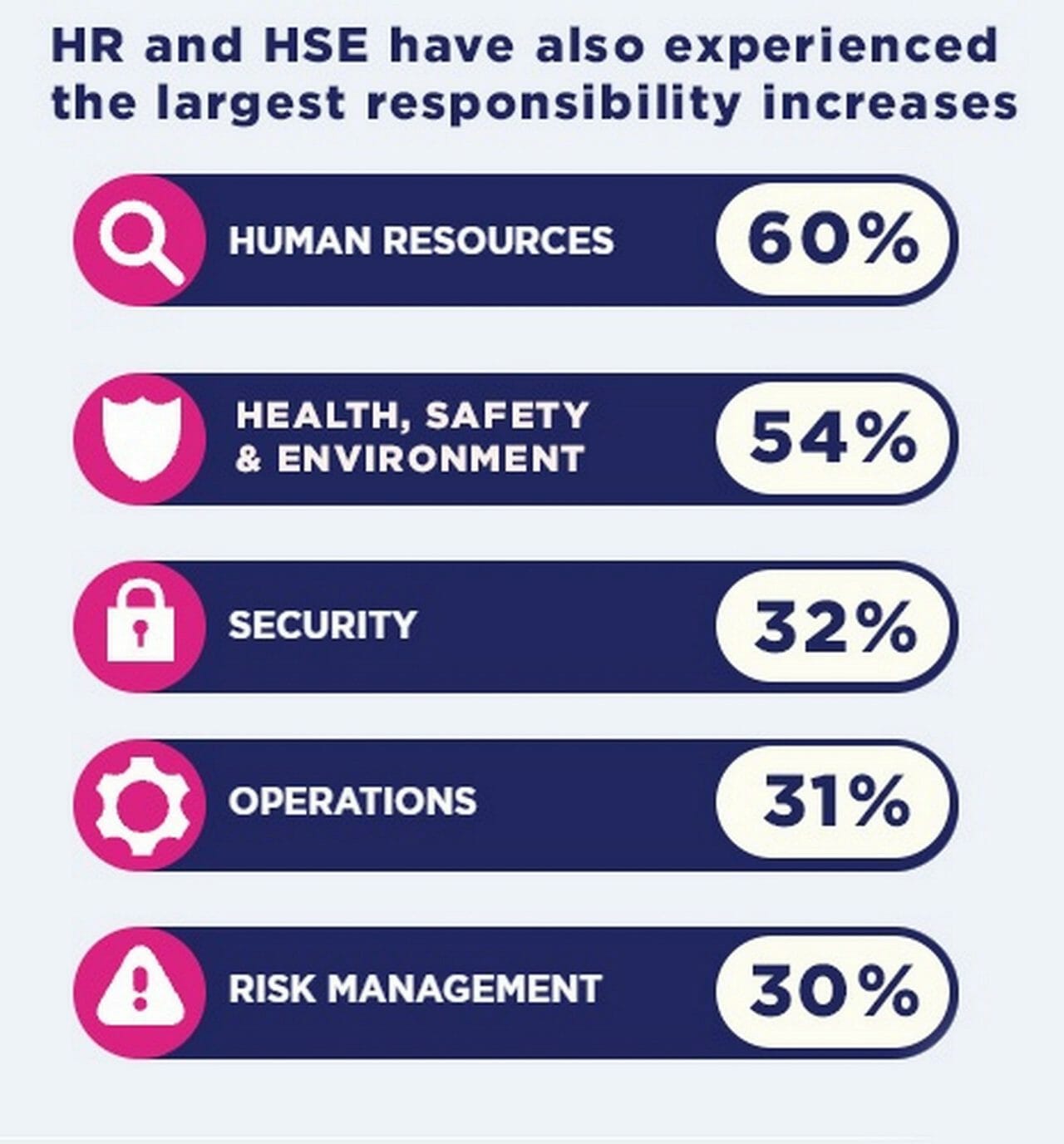The COVID-19 pandemic has made organisations around the world rethink their employee support models. It is now more important than ever for Malaysian businesses to define a clear employee support strategy to ensure business continuity, according to International SOS, the world’s leading health and security services company with 12,000 clients worldwide.
According to its annual Risk Outlook 2022, organisations are facing a dual challenge on the health front. Along with the physical aspects of COVID-19 safety, the pandemic has significantly contributed to a mental health crisis. In fact, over half (56%) of the organisations have increased both physical and mental health support and intend to increase spending on both.
COVID-19 has brought about an evolution of the HR role at the highest level of organisations. This has led to a necessary increase in skills on complex health issues, national inter-branch agreements, and health protocols. The pandemic has also accelerated the need to build a safe, resilient and sustainable future for the workforce. Failure to do so could result in a backwards step in productivity, employee retention and operational resilience.
Human Resources (HR) Directors are at the front line of this challenge and they are now expected to deliver a health programme that considers employees’ evolving expectations – both physically and psychologically. COVID-19 has brought about an evolution of the HR role at the highest level of organisations.
“During the pandemic, HR professionals have experienced the largest responsibility increase – 60% jump and are now more likely to be involved and play a crucial role in a Crisis Management Team. It is important to develop a strategy that is tailored to the size, unique needs and challenges of each organisation individually. Challenges including defining a vaccination strategy, creating optimal working conditions, reducing health-related absenteeism, or making health benefits a lever for attracting and retaining talent, are faced by many organisations. Workforce demographics who may require support include domestic employees, international assignees and business travellers,” David Ng, Managing Director, Malaysia & Myanmar, International SOS said.
“A resilient workforce programme must include everything you need to safely manage your global teams while they work around the world,” added Ng.
From managing a resilient return to work, to reviewing and implementing travel policies and journey management plans for return to travel – these clear human resource strategy helps businesses by ensuring a healthy and safe workforce to increase retention, productivity and operational resilience. This is especially important with organisations under increased pressure to retain current employees and attract new talent.
“People found it very hard to talk about challenges they face personally as well as at home. This is why a programme that starts from awareness, to mental resilience surveys, to mental wellness webinar series, a Workplace Employee Assist training that trains employees to identify people with stress, as well as the Employee Assistance Programme where employees could call for confidential emotional support advice from counsellors. Best part is, we are able to measure the outcome of this programme,” Geraldine Koh, HR Communication Director elobarated on a importance of engaging a clear human resource strategy.










